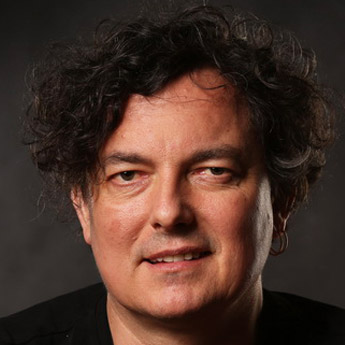eeducation Austria is an initiative of the Federal Ministry of Education in Austria. Being in charge of such a big network comes along with having a lot of responsibility. The project aims on developing ict-skills both with teachers and students in the Austrian school system ranging from Primary schools to Upper Secondary, age-group 6-19 year olds.
We had a sensational start – within six months we were able to grow the network to over 1500 schools. This was only possible because of serveral factors:
- We built the initiative upon several existing networks that have already done a great job during the past years emphasizing on eLearning in schools throughout Austria. Many teachers that were involved still are and help to grow the network.
- The concept is good: so called expert.schools that have been in one of the elearning networks in the past help newly registered member.schools that want to take their first steps integrating ict and social media in class work. This is actually the biggest challenge of this year – not only to spread the thought but also build supportive structures for schools and teachers. These structures start with recommending what hardware local school authorities should finance, offering trainings for teachers on ict skills and edidactics and focusing on school development as well.
- Teachers are actually convinced of the concept. There is a team of 70 teachers throughout Austria that support this structure actively and help support and grow the network. Meetings are held on a regular basis to work on different topics and concepts.
- It is a federal strategy. Therefore there is a hierarchical structure but being supportive and working with a great community leads to a good degree of acceptance. The software that manages the network (schools can gain badges on their way towards becoming an expert.school) was developed with the community – a real case of crowd intelligence! Each state and school type has an expert that helps out in the region and approves activities done within each school. So there is a quality control system integrated.
- The concept is technology-independent. Austrian school teachers are used to working with different platforms. No matter if it is Moodle, LMS, Office365 or even only a combination of different apps – everything is accepted. This means that exchange of ideas are related to pedagogical issues and learning.
- New schools registering with the network can start with zero. This means that just having the idea that something has to be done to develop digital media strategies in a school is sufficient for the start. Expert.schools should help develop a digital concept, activites can be documented taking small steps at a time. It will be important to convince new schools with good arguments why they should take that path.
- It is all about communication. Several conferences have been taken place to communicate on eeducation. In Austria we have around 6000 schools, at the moment a little over 1500 schools participate – the eager goal is to double this during this year. This means that spreading the word is an important factor – but also trying to be authentic. The remaining 4500 schools must have had reasons not to participate so far – we will have to look into that closer. We have to see that the development of ICT skills with teachers will be a big challenge. We have to work on the arguments why it is important to increase digitalisation in classes. Not only to have everyone online but also to stress the point that we are in charge of our students to work with digital media responsibly.
I’ll keep you updated

